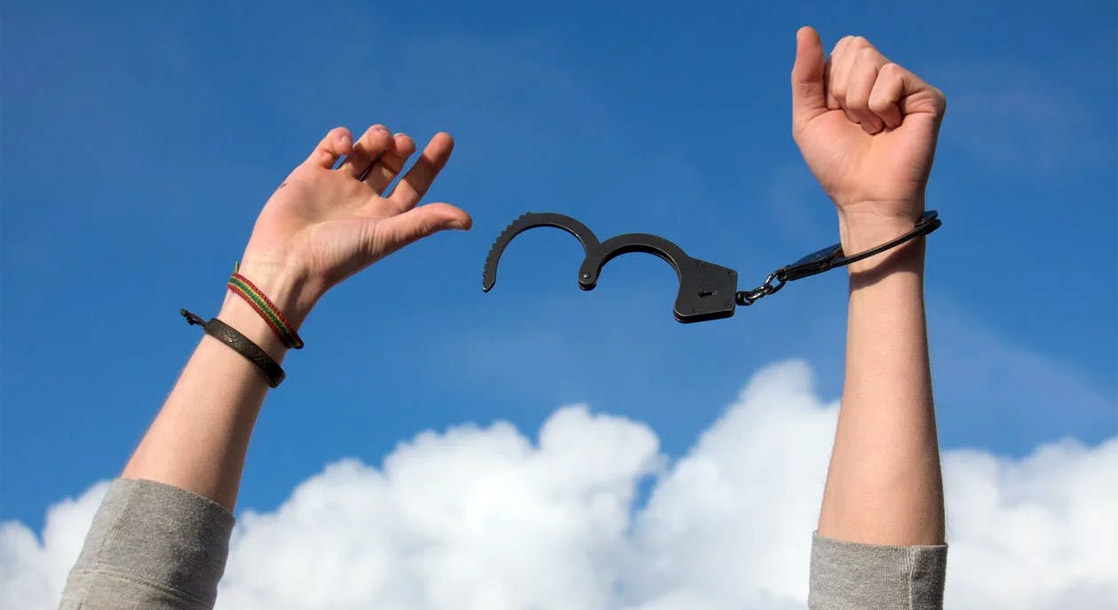The total number of people charged with federal cannabis crimes has fallen by 85% in the past decade, according to a new report by the US Sentencing Commission.
In 2021, fewer than 1,000 people were charged with violating federal cannabis laws – the first time that this figure has dropped to three digits since the War on Drugs began. A decade ago, before individual states began legalizing adult-use weed, federal officials charged nearly 7,000 people with cannabis sales, possession, or trafficking charges. But as more states have legalized and support for legalization grows, the rate of federal pot convictions has fallen.
From 2012 to 2016, the total number of federal pot charges declined by 50%, and by 2021, the rate had fallen by 85%. And in that same decade, cannabis has gone from the most common federal pot charge to the least. In 2012, the majority of federal drug charges were related to weed. Last year, less than 6% of all federal drug convictions were for cannabis.
The total number of overall federal drug convictions has also been falling considerably over the past decade. Federal convictions for powder and crack cocaine have declined by 50% since 2012, and only accounted for about 23% of all federal drug charges last year. Methamphetamine is now the most popular federal drug crime category, accounting for 48% of all cases last year. Convictions for fentanyl have also been rising steadily, from near zero in 2015 to over 1,500 in 2021.
Even with the declining numbers, drug arrests still accounted for the largest single group of federal offenses. And the racial disparity in federal arrests has not changed for the better. Half of all federal offenders were Hispanic, 23.1% were Black, and 22.6% were white. But even though the War on Drugs is clearly still raging, the decline in weed-related charges indicates that positive change is still possible.
“Although Congress has failed to amend federal cannabis laws, clearly the attitudes and priorities of federal prosecutors have shifted in the era of state-level marijuana legalization,” NORML Deputy Director Paul Armentano said in a press release. “Now it’s time for federal lawmakers to codify these changes in priorities by descheduling marijuana.”
This week, the House of Representatives will vote on a bill that would do just that. The Marijuana Opportunity, Reinvestment, and Expunge (MORE) Act, which was already passed by the House in 2020, would federally decriminalize cannabis and create a federal weed sales tax that would fund community reinvestment programs. This bill would also set up provisions to expunge the criminal records of millions of people who have already been charged with federal cannabis crimes.
“Despite this downward trend in federal marijuana prosecutions, America’s outdated federal laws are still having a significant and unnecessary impact on people’s lives,” said NORML Political Director Morgan Fox in a statement. “Congress has the opportunity to change that. Lawmakers must continue to build momentum to end our failed marijuana prohibition policies and help those who have been unjustly hurt by them.”











